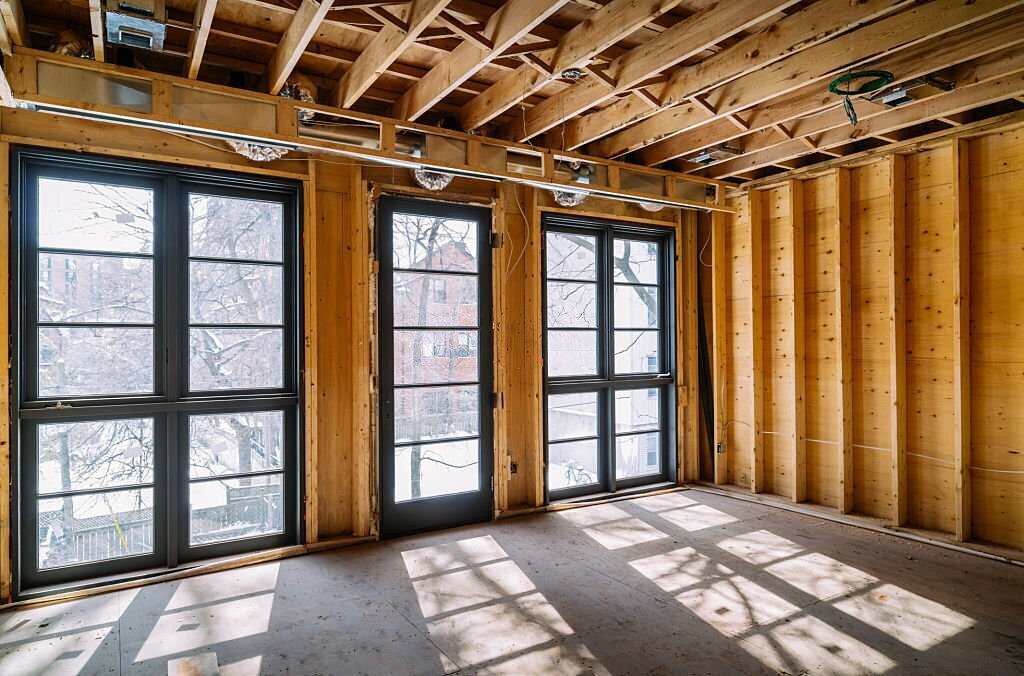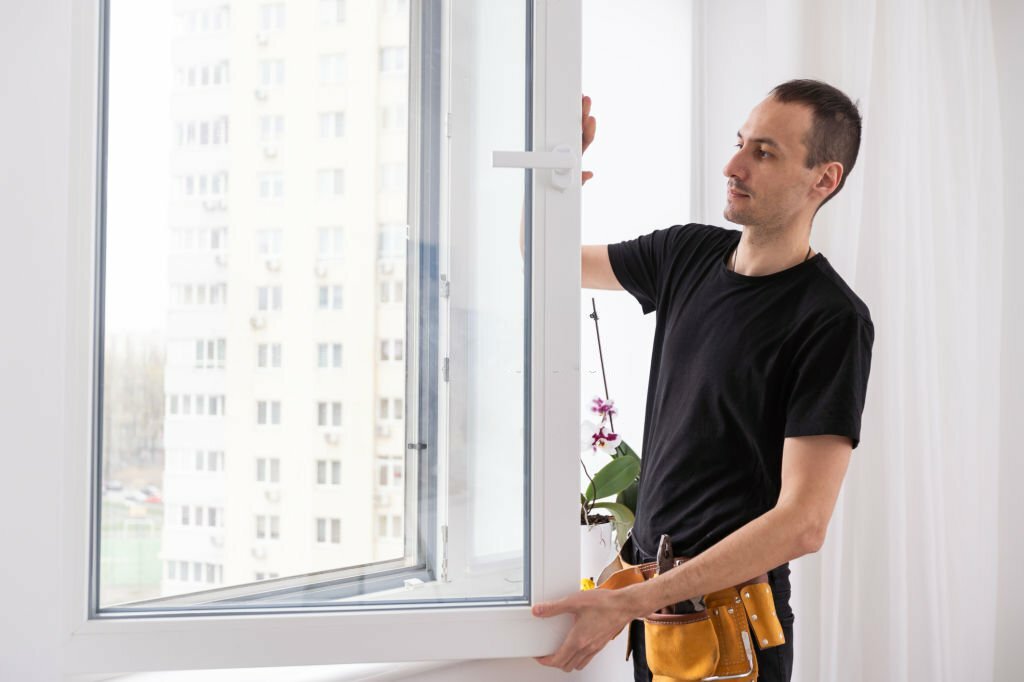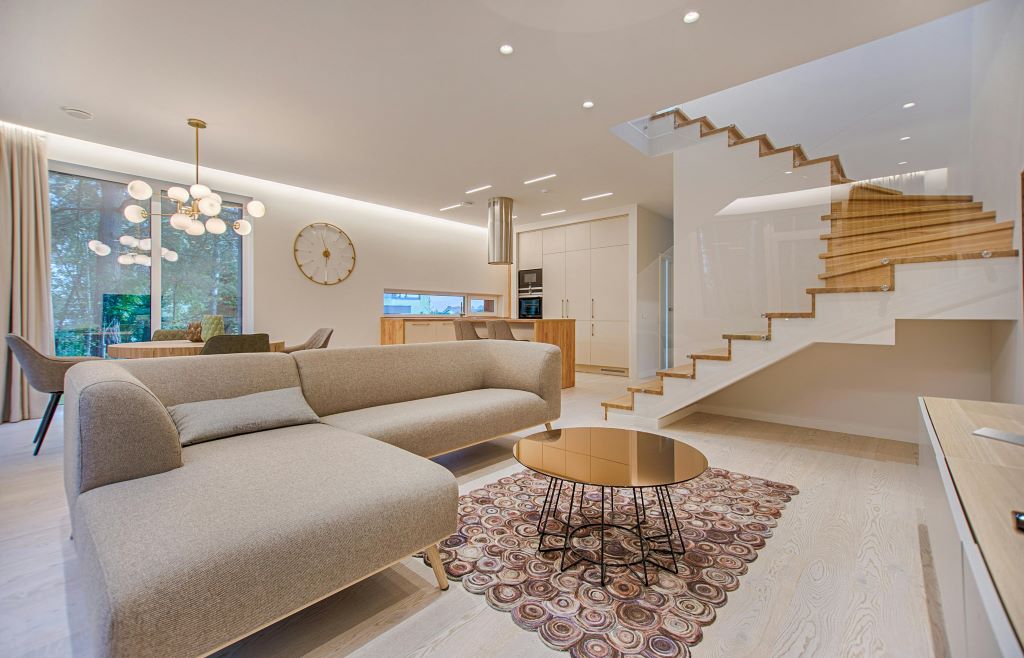
The value of a home is a dynamic interplay of various factors, and among them, the condition and design of windows often take a backseat. However, residential window replacement has emerged as a pivotal player in the realm of home improvement, wielding the potential to not only breathe new life into a property but also substantially elevate its market value.
In this exploration, we will dissect the multifaceted impact of replacing windows on a residential property, transcending from the aesthetic realm to the financial landscape.
Understanding the Importance of Windows
Windows, beyond being mere apertures for light and air, are architectural features that define a home’s character. Their significance is often underestimated, and as they age, windows can become a silent detractor from a property’s overall allure.
The Aesthetic Upgrade: Enhancing Curb Appeal
Residential window replacement is not just a practical upgrade; it is an opportunity to elevate the aesthetic appeal of a home and create a lasting impression.
Enhancing curb appeal goes beyond merely replacing windows; it involves thoughtful design choices and harmonization with the overall exterior. Here are four key considerations for achieving an aesthetic upgrade and boosting curb appeal:

1. Modern Design Trends
Residential window replacement by experts like jkrwindows.com is an aesthetic rejuvenation, an opportunity to align your home with contemporary design trends. Outdated windows can render a property visually obsolete. By embracing modern designs, homeowners not only breathe fresh life into their homes but also make a striking first impression.
2. Customization Options
The world of windows has evolved, offering an array of materials, styles, and finishes. This customization allows homeowners to tailor their window replacements to complement the architectural nuances of their homes. The result is not just an upgrade but a personalized statement that adds to the property’s overall appeal.
3. Color Palette Harmonization
Consideration of the color palette is crucial when enhancing curb appeal through window replacement. Choosing window frames that harmonize with the overall color scheme of the house can create a cohesive and visually appealing exterior.
4. Landscaping Integration
The interplay between windows and landscaping is often overlooked. Coordinating window styles with landscaping elements can create a unified and aesthetically pleasing exterior. Strategic placement of windows can frame scenic views or key landscaping features.
Energy Efficiency: A Green Investment
Investing in energy efficiency through residential window replacement not only contributes to a greener environment but also yields long-term financial benefits for homeowners. Understanding the multifaceted impact of energy-efficient windows is crucial for making informed decisions. Here are four key aspects to consider:
1. Energy-Efficient Windows
Beyond aesthetics, residential window replacement is a green investment in energy efficiency. Older windows can be a significant source of energy loss, contributing to higher utility bills. Upgrading to energy-efficient windows, such as double-pane or Low-E options, can curtail these losses and pave the way for long-term savings.
2. Return on Investment (ROI)
The financial benefits of energy-efficient windows extend beyond reduced utility bills. In a real estate landscape increasingly attuned to sustainability, homes with such features command a premium. It is a tangible return on investment, elucidating the financial gains homeowners can expect in both the short and long term.
3. Smart Technology Integration
In the era of smart homes, integrating technologically advanced windows can further enhance energy efficiency. Smart windows equipped with sensors and automated controls can optimize natural light and ventilation, contributing to a more energy-efficient home.
4. Climate-Specific Considerations
Choosing energy-efficient windows tailored to the specific climate of your region is paramount. Understanding the climate-related benefits, such as insulation during winters or heat reflection in warmer climates, ensures optimal energy savings.
Financial Considerations
Residential window replacement is a significant undertaking that involves various financial aspects. From the initial investment to potential long-term savings, homeowners must carefully navigate the financial landscape associated with window replacement. Here are four key financial considerations to keep in mind:

1. Cost of Replacement vs. Increased Property Value
Undoubtedly, homeowners grapple with the upfront costs of window replacement. It will conduct a cost-benefit analysis, juxtaposing the initial investment against the potential increase in property value. Understanding this financial equation is paramount in making an informed decision about the viability of the investment.
2. Financing Options
To alleviate financial concerns, homeowners can explore various financing options. Government incentives, energy-efficient financing initiatives, and conventional home improvement loans are avenues worth considering. This will provide a comprehensive overview of these options, empowering homeowners to navigate the financial landscape associated with window replacement.
3. Tax Incentives and Rebates
In some regions, governments offer tax incentives and rebates for energy-efficient energy-efficient home improvements, including window replacement. Understanding the available financial incentives can significantly offset the overall cost of the project.
4. Long-Term Maintenance Cost Savings
While the initial investment in window replacement may seem substantial, homeowners should consider the long-term maintenance cost savings. Modern windows often require less maintenance than their older counterparts, translating to additional financial benefits over time.
The Impact on Home Appraisal
Understanding how residential window replacement influences the appraisal value of a home is crucial for homeowners looking to enhance their property’s worth. Appraisers consider various factors, and windows play a pivotal role in this evaluation. Here are four key aspects of how window replacement can impact home appraisal:
1. Appraisal Criteria for Windows
Appraisers employ a set of criteria to assess a property’s value, and windows are integral to this evaluation. This will dissect the specific parameters appraisers consider, including the condition of windows, their energy efficiency, and their alignment with contemporary design trends.
2. Quality of Materials and Workmanship
Beyond meeting basic functionality, the quality of materials used in window replacement and the craftsmanship involved play a significant role in appraisal. High-quality materials and precise installation contribute to the longevity and value of the improvement.
3. Historical Property Considerations
For homeowners with historical properties, preserving the original window aesthetic is crucial. Appraisers may take into account the historical significance and adherence to the original design when assessing the impact of window replacement.
4. Comparative Market Analysis
Understanding how window replacement aligns with comparable properties in the market is essential. Explore how a comparative market analysis can shed light on the potential appraisal value increase associated with window replacement.
Overcoming Potential Challenges
Residential window replacement, while offering numerous benefits, is not without its challenges. Navigating these hurdles is crucial to ensure a smooth and successful project. Here are four key challenges homeowners may face and strategies to overcome them:

1. Selecting the Right Contractor
The success of any home improvement project hinges on selecting the right contractor. It will outline the key considerations for homeowners, offering insights into researching potential contractors, checking credentials, and obtaining accurate quotes. Armed with this information, homeowners can navigate the selection process with confidence.
2. Navigating Permitting Processes
Home improvement projects, including window replacement, often necessitate permits. Navigating the permitting process can be a potential stumbling block for homeowners. This will offer guidance on understanding and successfully navigating the permitting requirements associated with residential window replacement.
3. Community and Homeowners Association Considerations
For homeowners residing in the community or homeowners associations, obtaining approval for window replacement may be subject to specific guidelines. Understanding and complying with these regulations is crucial to avoid potential conflicts and setbacks.
4. Disposal and Environmental Impact
The disposal of old windows and the environmental impact of the replacement process are often overlooked. Responsible disposal methods and eco-friendly practices can contribute to a positive perception of the project and mitigate potential challenges.
Conclusion
Residential window replacement is not merely a cosmetic upgrade; it is a strategic investment with far-reaching implications. From the immediate visual impact of modern designs to the long-term financial gains through energy efficiency and increased property value, the benefits are undeniable.
However, informed decision-making is paramount. By weighing the aesthetic, financial, and logistical considerations, homeowners can transform window replacement from a simple upgrade into a catalyst for a more visually appealing, energy-efficient, and valuable home.






